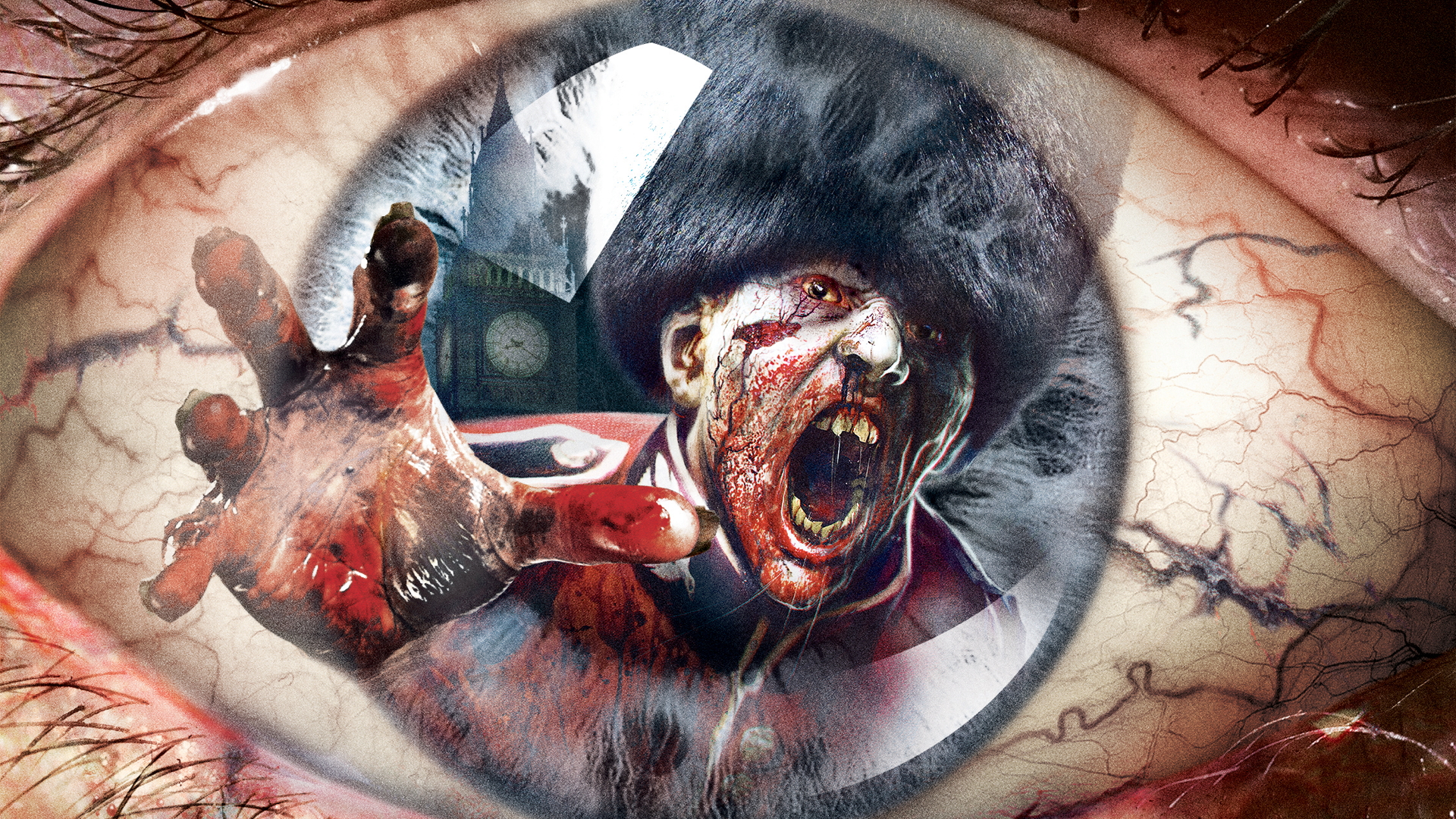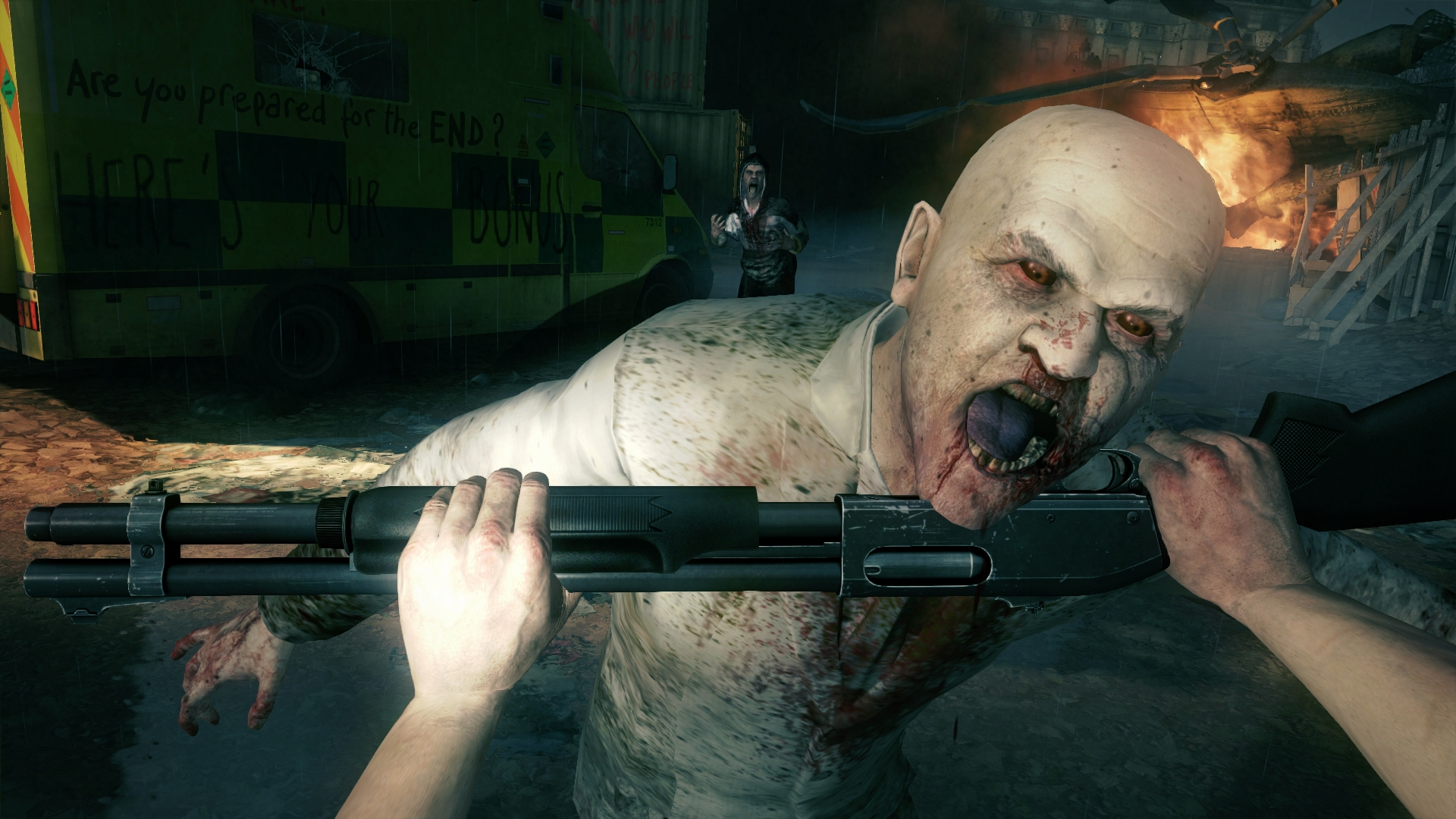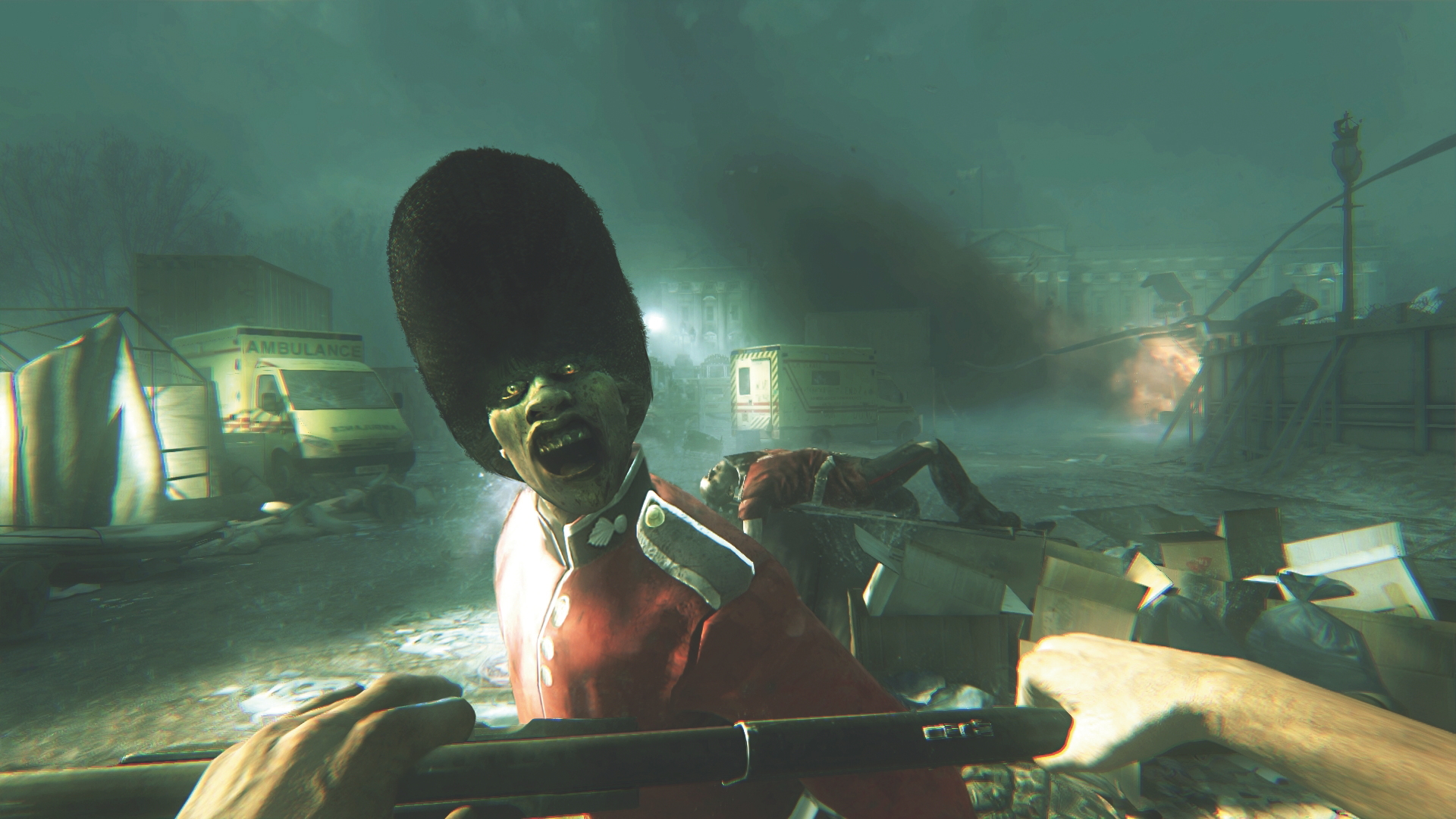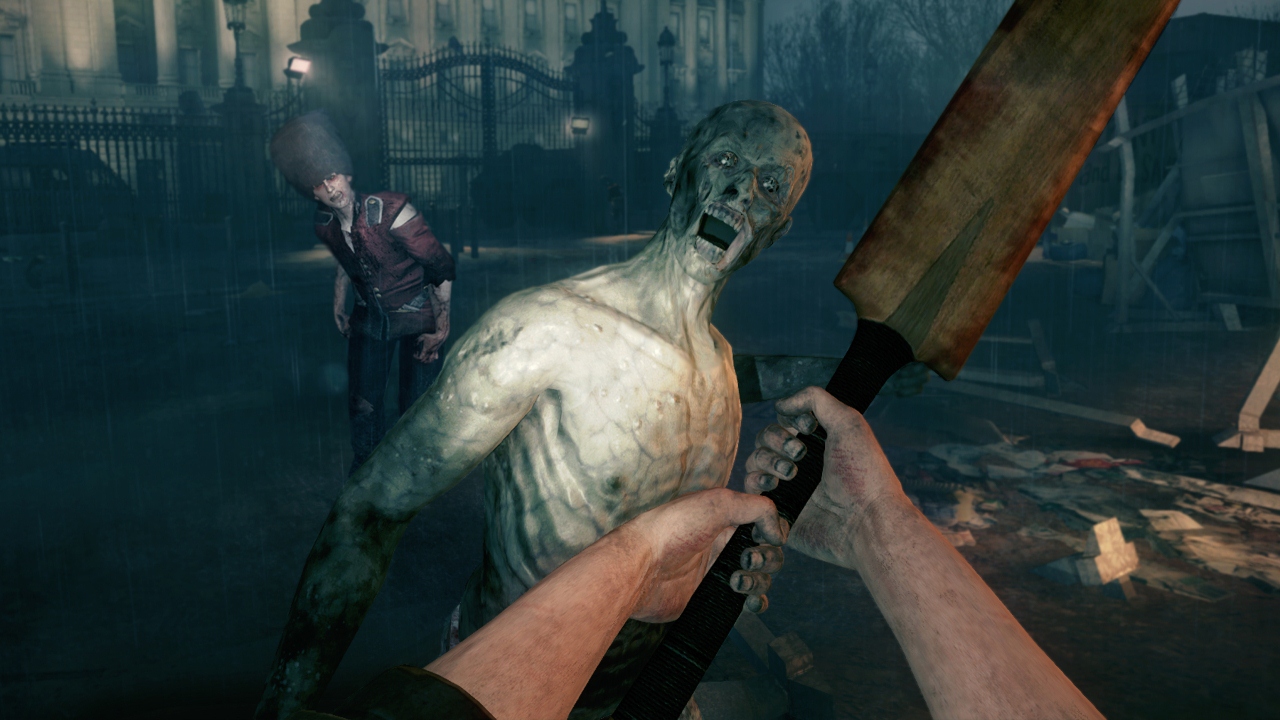Why you should give hidden gem Zombi a chance

Remember a few years ago, when every new game was a zombie game? That was a difficult time for me. I hated 28 Days Later. I’ve never seen Shaun (or Dawn) of the Dead. I only played Telltale’s The Walking Dead because everyone kept going on about it, and I still had to take a long break after the harrowing end to the second episode. When an old boyfriend bought me ZombiU (it was only available for Wii U at the time, and my library was lacking) he was so disappointed by my response that I forced myself to play it for at least one hour every day until I finished it.
But I’m glad I did. Zombi (as the Xbox One version is called) is a great game, a hidden gem confined too long to an unpopular platform. And so, in the hope that the Xbox port will make some of you try it, I’ve made myself play it again so that I can tell you about my favourite feature: death.

This is the story of Elijah Watson: stylist by day, unexpected zombie apocalypse survivor by night. As him, I followed the mysterious call of a man known only as the Prepper into a base in the Underground and set about doing his bidding, venturing out to decapitate the infected, scanning CCTV cameras to improve our surveillance capabilities and raiding a supermarket for supplies. I filled my bag with ammo for my pistol, flares for distraction, and planks of wood that I could use to barricade doors. And then I stepped outside and was overwhelmed by a zombified punk and his buddies. “YOU HAVE BEEN INFECTED,” I was informed. “Elijah WATSON is one of THEM now...”
And so Elijah, the man I’d been leading through this wasteland, began to drag his infected corpse around the street outside that supermarket, not only bolstering the threat but also – to add insult to injury – still carrying MY backpack of carefully hoarded supplies. I got to keep playing as a new survivor, but if I wanted that stuff I was going to have to track down my previous incarnation – helpfully marked on the map with a little skull – and take him out.

I love the diversion this feature adds to your journey through the game. You can unlock shortcuts, but you still might have to travel far to reach your target, and if you die again before you retrieve your items they’re scattered across the map and you have to find them through the CCTV instead. It makes you think about the bigger picture, because you might want to leave some of your weapons in the safehouse for the next survivor. And since you also lose any skills you’ve gained along the way, the longer you’ve spent as one survivor, the greater the loss.
Each new survivor is generated with a randomised name, age, and gender, and a profession that determines their outfit. I succumbed to death over and over again (for research!) and was rerolled as an appropriately uniformed special constable, senior manager, CEO, driver and plumber. Though they all started from square one, I’d tell myself little stories: “This one will survive – she’s a firefighter!” But they all faced the same fate.

Zombi is played in first person, so you never see yourself except when you lay down to sleep (to save) or are inevitably infected. The system makes you a nobody – neither prophesied hero nor plucky underdog – and that’s how the Prepper treats you. “Another life gone to waste,” he’ll say, or, “Thought you were better prepared than that,” or maybe even, “Good riddance.”
And when you find your previously played character you’ll probably agree with him. You know when you look back on who you were five years ago and hate what you see? Zombi’s cycle of death is a wonderful analogy. You traipse back to stare your old self in the face and find them to be an awkward, bumbling mess. Take a leaf from Zombi’s book: be a survivor. You can’t live in the past. So hit your old self over the head with a baseball bat and move on to the next challenge.
This article originally appeared in Xbox: The Official Magazine. For more great Xbox coverage, you can subscribe here.
Sign up to the GamesRadar+ Newsletter
Weekly digests, tales from the communities you love, and more
Jordan Erica Webber is a talented freelance journalist with bylines on sites like GamesRadar+ and The Guardian, but there's a good chance you'll recognize her name from elsewhere. Jordan is the resident gaming expert on Channel 5's The Gadget Show, an arts and culture presenter for BBC Radio 4, and co-wrote an excellent book entitled 'Ten Things Video Games Can Teach Us (about life, philosophy and everything)'.



